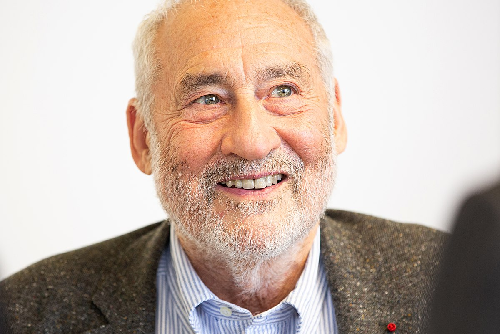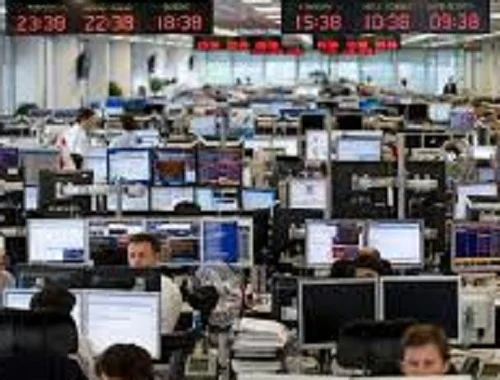Covid-19 and the global debt crisis
21st July, 2020|Perle Battistella

Professor Joseph Stiglitz explains how the pandemic could lead to a global debt crisis
Economist and Nobel Memorial Prize recipient Joseph Stiglitz talks about the consequences that the Covid-19 pandemic will have, notably on emerging markets and the rising fear of a global debt crisis.
“That pandemic is now moving to the developing countries in emerging markets and these countries are more vulnerable as their health status is weaker, they do not have the health facilities to respond. They do not have the economic resources to respond to the inevitable economic downturn that a lockdown will result in,” says Stiglitz.
He notes that the creditors, notably in the US and UK, are precipitating what could be a global debt crisis as emerging markets borrowed too much in the past and now some of the largest financial institutions have taken a recalcitrant position. When companies put themselves up as responsible firms, this position demonstrates what Stiglitz calls “the disparities between the rhetoric and reality”.
“They're refusing to restructure the Argentine's debt. It's a great concern, because it is very likely that one of the consequences of the pandemic will be a rash of sovereign debt defaults in the next year or two,” adds Stiglitz.
The Nobel Prize recipient also highlights that the Covid-19 pandemic has made us aware of our global interdependence and that has a couple of important implications.
A strong economic recovery will not occur until the world has recovered, but importantly, the health of the economy cannot continue without the health of its citizens.
“Covid 19 has highlighted a series of interconnections that were obfuscated in standard GDP measurements between the health of the economy and the health of our citizens, between inequality and overall economic performance, between short term performance, resilience and sustainability.
“One can’t have a healthy economy without a healthy population; the fear of the disease is what caused the decline, not government lockdown but premature openings have led to an increase in disease, with adverse effects on the economy,” explains Stiglitz.
While governments around the world have been pouring huge amounts of money to support their economies, this must be sustained and it must be redeployed towards responsible investments otherwise the public spending will have been for nothing, he says.
“Unless you provide some kind of sustained support, the $3 trillion (£2.36 trillion) in the United States that we’ve already provided will have been for nothing. Of course, the high level of spending and high level of deficit mean we have to make sure the money is well spent; we have to make sure our programmes are well designed.
“Part of being well designed means we have to be sure our money does what I call 'double duty' in which it will help create the kind of economy we want after the pandemic. This means we have to have responsible public investment,” adds Stiglitz.
The role of governments in shaping a greener and more sustainable economy is paramount for our global recovery and some countries have taken this to heart, the nobel price winner notes, highlighting Europe’s pledge outweighing that United States'.
“Europe has done a much better job on this than the United States and with the recovery packages that Europe has put together, there’s been a real vision of where they want to go, particularly in creating a sustainable green economy.
“The government has multiple instruments by which it can help shape the economy that is going to emerge after the pandemic, it can affect what happens through the allocation of funds, and it can affect it by imposing conditionalities on those who receive the funds,” says Stiglitz.


